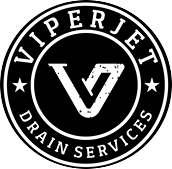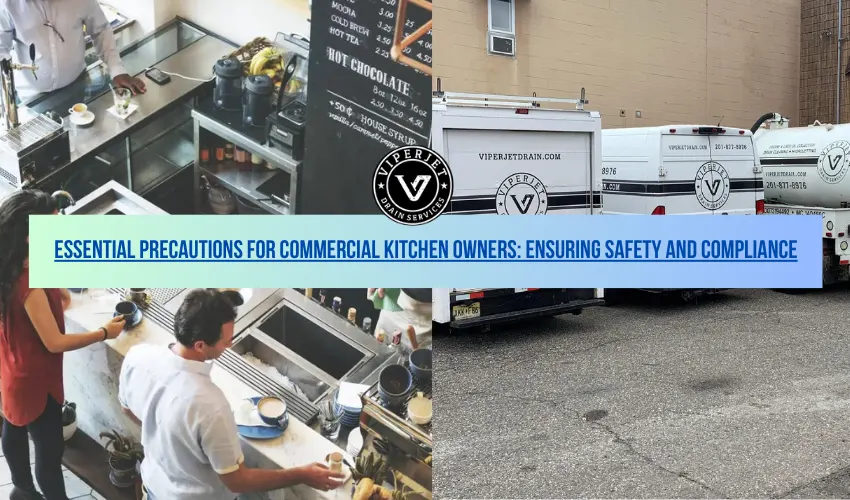Operating a commercial kitchen comes with its unique set of challenges and responsibilities. From ensuring food safety to maintaining a clean and sanitary environment, commercial kitchen owners must prioritize precautions to protect both their employees and customers. In this article, we will explore the essential precautions that every commercial kitchen owner must have in place to promote safety, compliance, and efficiency.
1. Food Safety Measures:
- Implement proper food handling procedures to prevent cross-contamination and foodborne illnesses.
- Ensure that all staff members receive training in food safety practices, including proper handwashing, temperature control, and storage techniques.
- Regularly inspect and maintain kitchen equipment to ensure that it meets sanitation standards and does not pose a risk of contamination.
2. Fire Safety Protocols:
- Install and maintain fire suppression systems, such as fire extinguishers, sprinklers, and hood suppression systems, to prevent and respond to kitchen fires effectively.
- Develop and regularly review fire evacuation plans with all staff members to ensure a prompt and organized response in the event of an emergency.
- Conduct routine inspections of kitchen appliances, electrical wiring, and gas lines to identify and address potential fire hazards.
3. Slip, Trip, and Fall Prevention:
- Keep floors clean, dry, and free of clutter to minimize the risk of slips, trips, and falls.
- Install slip-resistant flooring and provide anti-fatigue mats in areas prone to spills or moisture buildup.
- Train staff on proper lifting techniques and encourage the use of step stools or ladders for reaching high shelves to prevent falls.
4. Equipment Safety Procedures:
- Ensure that all kitchen equipment is properly maintained and serviced regularly to prevent malfunctions or breakdowns.
- Train staff on the safe operation of kitchen equipment and provide clear instructions for cleaning, maintenance, and troubleshooting.
- Develop protocols for shutting off equipment and gas lines in case of emergencies or maintenance.
5. Personal Protective Equipment (PPE):
- Provide appropriate PPE, such as gloves, aprons, and non-slip footwear, to kitchen staff to protect against burns, cuts, and other injuries.
- Encourage regular use of PPE and ensure that it is properly fitted and maintained for maximum effectiveness.
6. Pest Control Measures:
- Implement a comprehensive pest control program to prevent infestations of rodents, insects, and other pests.
- Keep food storage areas clean and organized to minimize potential hiding places for pests.
- Work with professional pest control services to conduct regular inspections and treatments as needed.
7. Compliance with Health and Safety Regulations:
- Stay informed about local health and safety regulations and ensure that your kitchen operations comply with all applicable laws and guidelines.
- Keep accurate records of food safety inspections, employee training, and equipment maintenance to demonstrate compliance in the event of an audit or inspection.
Conclusion:
In conclusion, commercial kitchen owners must prioritize safety and compliance by implementing essential precautions in their operations. From food safety measures to fire safety protocols and equipment maintenance procedures, these precautions are essential for protecting the well-being of employees and customers and maintaining a successful and reputable kitchen establishment. By investing in safety measures and staying vigilant, commercial kitchen owners can create a safe and healthy environment for everyone involved.

